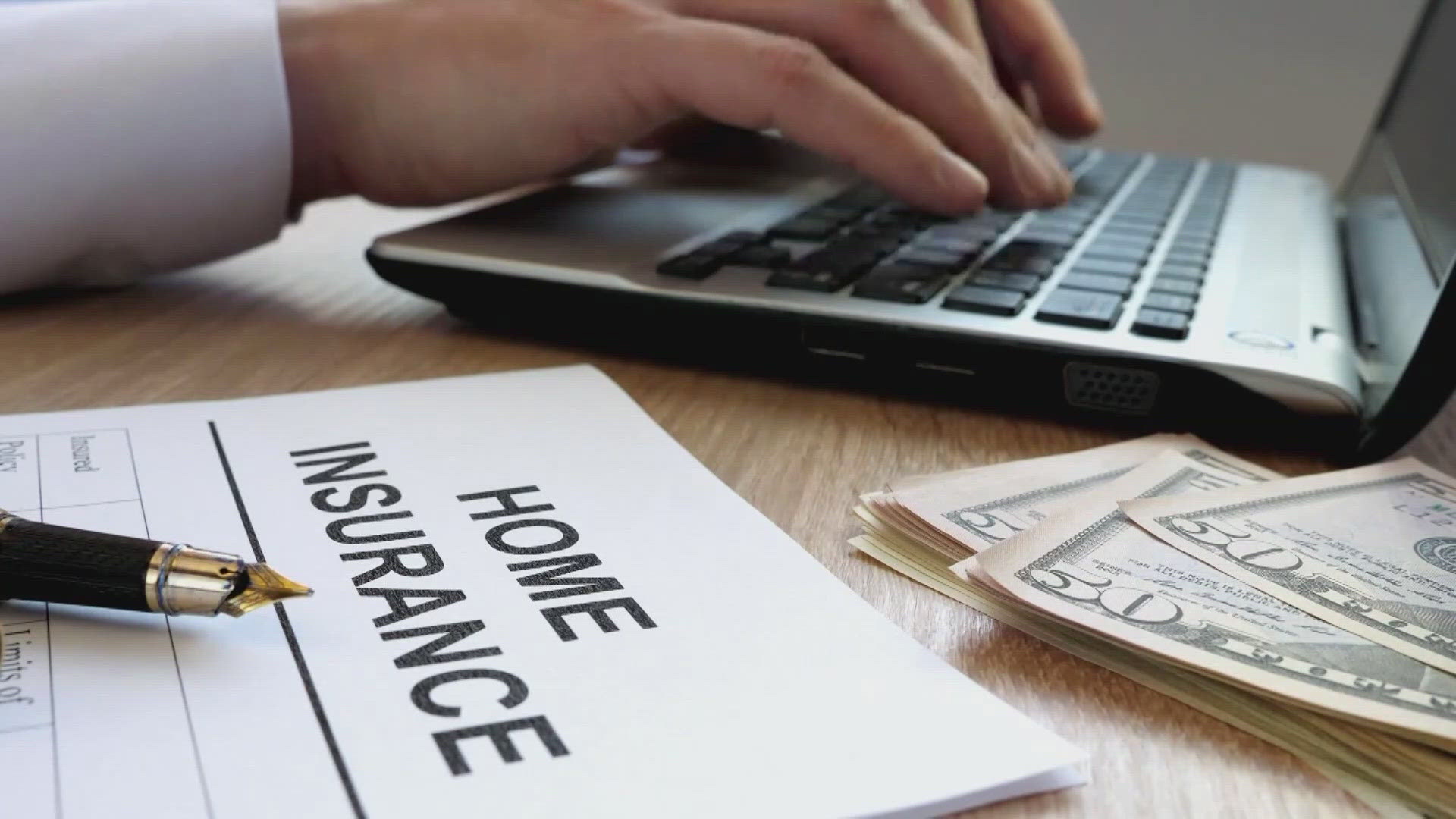ST. PETERSBURG, Fla. — While Florida’s shaky property insurance market is showing signs of stabilizing, home and condo owners across the state are still feeling the pinch from some of the priciest premiums in the nation.
More and more property owners in the state are going “bare” and foregoing home insurance altogether, opting to self-insure rather than take out a policy, while experts warn of the risks that come with this “troubling” trend.
St. Petersburg condo owner Stephen Corey says after watching his insurance premium go up another 30%, he had enough.
“This year I decided not to buy homeowners insurance and self-insure. The whole condo is covered by the condo association, but my individual unit, the premium got so high up I just self-insured,” Corey explained.
Self-insurers put money they would spend on a premium in the bank, creating a nest egg and gaining interest in case of an emergency.
A survey by the Insurance Information Institute shows more than 15% of Florida homeowners are now self-insuring, up from 7% pre-pandemic and above the national average.
“It's a very troubling trend because in our opinion, it is extremely risky to not have property insurance when you live in such a high-risk state like Florida,” Mark Friedlander with Insurance Information Institute said.
“Is it possible you could save the money and never have a loss? Yes,” he added but says for most homeowners in the state, it’s a gamble they can’t afford.
He said it makes sense only for high-income folks, close to retirement age with no dependents.
“While we understand some high-income households may be able to do this from a financial perspective, it's limited. I mean, very few people are in that category, most average Florida consumers cannot afford to do this,” Friedlander added.
Cautioning horror stories he’s heard from homeowners after tragedy strikes.
“After hurricanes Ian, Milton, Helene and others that we've seen the last few years where the homeowner said, 'I thought it was a great idea, and I'm so sorry I did this because now we don't have enough funds to repair or rebuild our home,'" Friedlander said.
The Insurance Information Institute says you should be prepared to pay 200% of what your home is worth.
“In most cases, it is a risk not worth taking,” he added.
Self-insurance is really only an option for people who have paid off their homes, which Florida has a larger amount compared to other states in the nation.
If you try to self-insure or cancel your policy while you have a mortgage, your lender could put you in default, or force a policy on your home, which would result in you potentially getting less coverage for more money than you’d pay shopping for a policy on your own.
Friedlander says if you are looking to save, call your agent, see if you can shop around for new insurers and if there are ways to bundle coverage to lower those premium prices.

